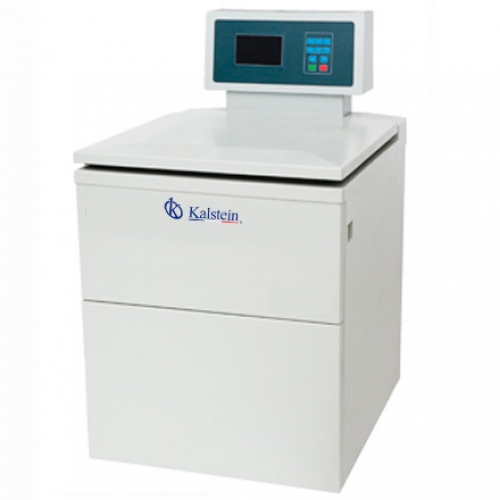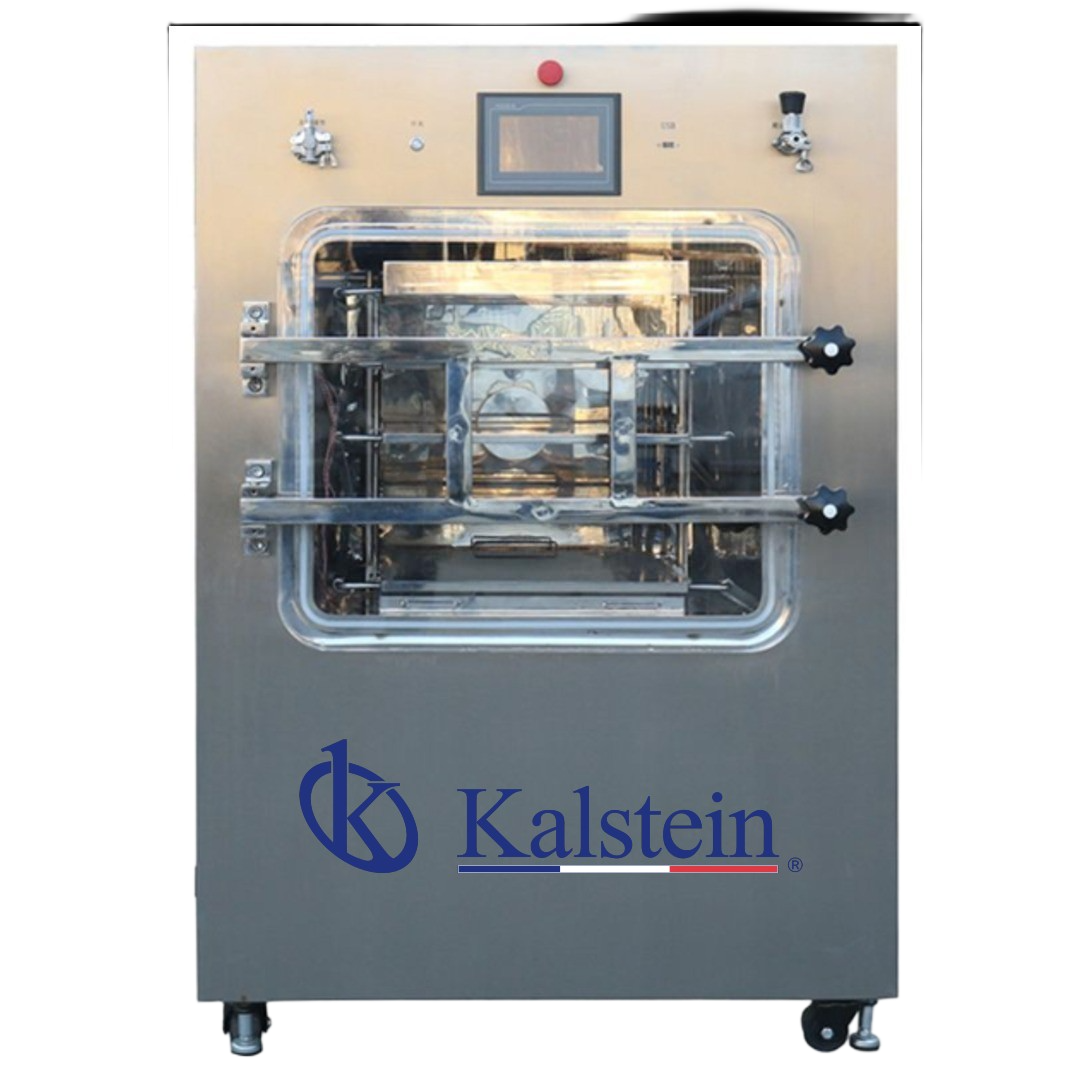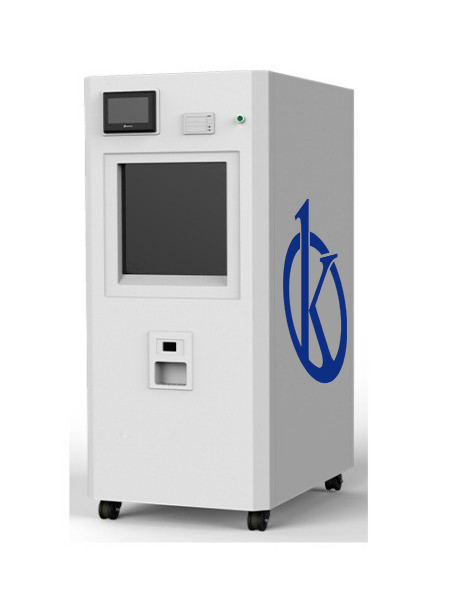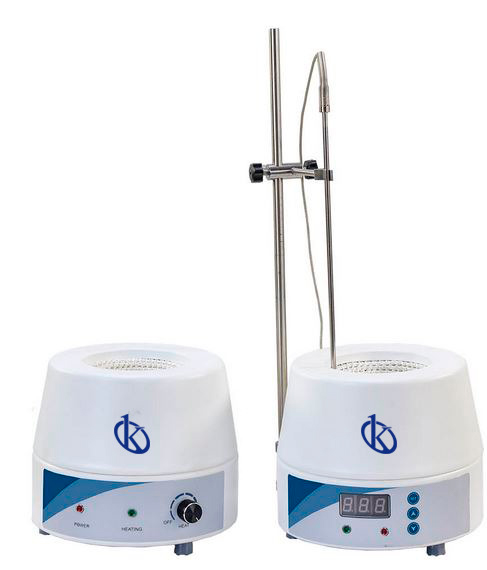Using a centrifuge to prepare laboratory samples is common. There are more and more centrifuges being used for sample preparation, whether for chemical analysis or other uses, so choosing the best equipment for sample preparation can be quite a task. In this article, we will explain more about what type of laboratory centrifuge is suitable for sample preparation.
First, it is important to consider the scale of samples to be prepared, as this will determine the size, capacity and type of centrifuge ideal for specific use. For small samples, table centrifuges are recommended, which are ideal for laboratories where small amounts of samples are needed. These centrifuges have a very small scale and do not allow a large variety of samples, but are able to meet basic needs in preparing samples for laboratories.
Ultra-centrifuges, for the liquid line, are suitable for scientific research laboratories where large sample sizes need to be prepared more efficiently. These centrifuges have great capacity and versatility and are able to separate suspensions and solutions even with fine particles. They allow up to 300 liters of sample per day, making these laboratory centrifuges ideal for preparing large, highly concentrated samples.
Some centrifuges with special applications
Pulsed flow centrifuges offer a great advantage for pharmaceutical laboratories where large numbers of samples are required to be prepared in a short period of time, and where quality standards on products are very high, to protect people’s health. In this respect, these centrifuges can handle large volumes of samples and have high reliability, offering short processing times and high levels of configuration for this objective.
Ultra-high-speed centrifuges are another option for scientific laboratories where large amounts of samples need to be prepared. These centrifuges are ideal for samples with very specific separation requirements as they allow particles to be separated into extremely small sizes. These centrifuges are more expensive but safe, so there is no need to invest too much to prepare large amounts of samples quickly and safely.
The importance of choosing the right centrifuge for laboratory work
In conclusion, choosing the right centrifuge for sample preparation depends to a large extent on the scale and quantity of samples that need to be prepared, as well as on the objective of sample preparation. If small amounts of samples are needed, a basic table centrifuge will suffice. These devices offer good safety features and operating conditions to meet the requirements of simple laboratory analyzes.
On the other hand, if sample preparation requires a large number of samples, an ultracentrifuge, a pulsed flow centrifuge or an ultra-high speed centrifuge would be the best options. In addition, you can consider whether it is necessary to purchase a centrifuge that cools the sample during the separation process, which is desirable when working with samples susceptible to deterioration by temperature; they also find great application in separating liquids according to their density at a given temperature. With these tips, it is hoped that stakeholders will be able to choose the right centrifuge to prepare their samples quickly and effectively.
Kalstein range of centrifuges for labs
Kalstein you can find interesting centrifuge options that can be useful for different applications in the laboratory. There are small centrifuges, some larger ones, some with speeds up to 21000 rpm and with controlled cooling up to -20 degrees Celsius for special applications. All models operate quietly and with safety features and warnings in case of problems. Those interested in these centrifuge models, information about sale, prices and how to make the purchase, go to the web addresses HERE and HERE.




